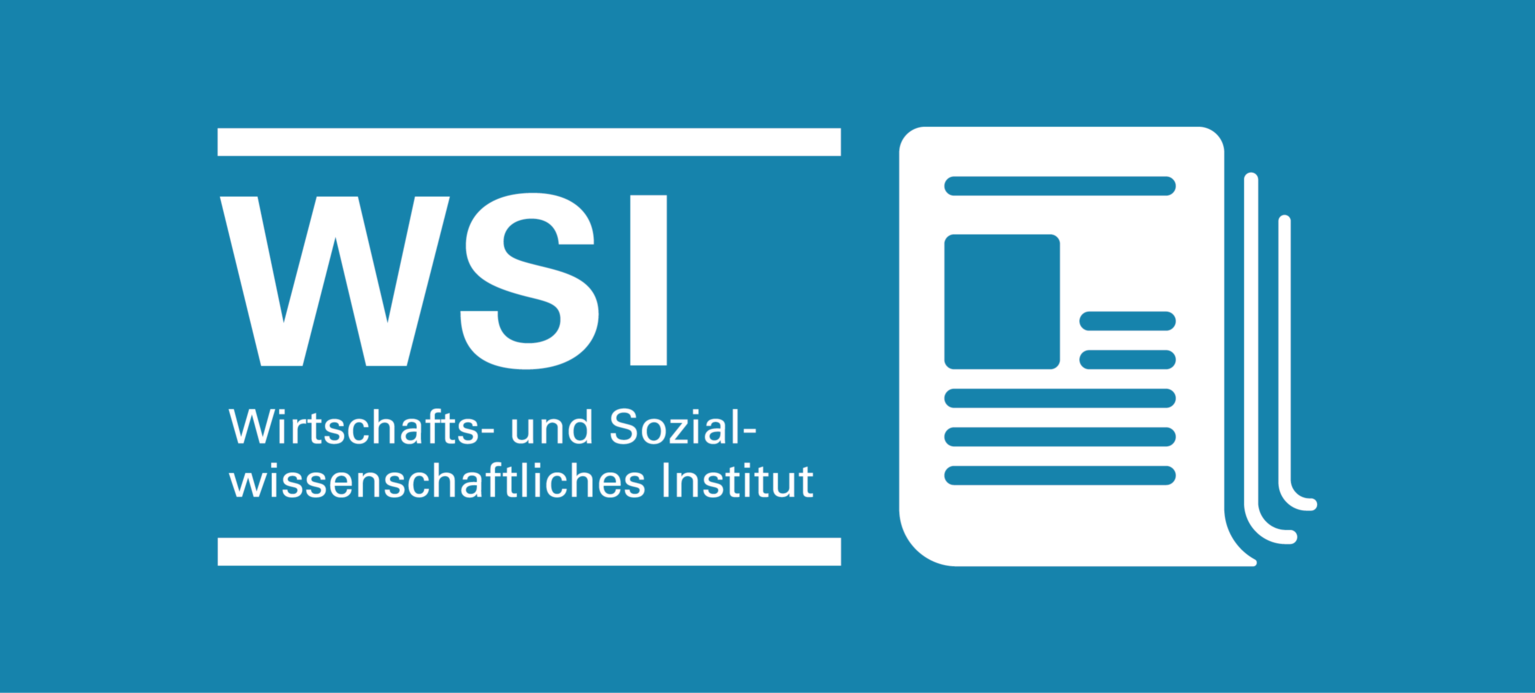Pusch, Toralf / Rehm, Miriam : Mindestlohn, Arbeitsqualität und Arbeitszufriedenheit
WSI-Mitteilungen 7/2017, Seiten 491–498
Zusammenfassung
Der Zusammenhang von Mindestlöhnen und Arbeitsplatzqualität bzw. -zufriedenheit wurde bisher kaum untersucht. Von der arbeitsmarktökonomischen Theorie der ausgleichenden Lohnunterschiede und der Forschung zu high road/low road-Strategien des Produktionsregimes werden entgegengesetzte Zusammenhänge zwischen Lohn und Arbeitsplatzqualität prognostiziert. In der eher qualitativ orientierten Literatur wurde aber ein Zusammenhang von Mindestlöhnen und Produktivitätsentwicklung gezeigt. Die Autoren untersuchen diese Zusammenhänge mit Daten des IAB-Panels Arbeitsmarkt und Soziale Sicherung (PASS). Differenzen-in-Differenzen-Schätzungen für die vom Mindestlohn erfassten Beschäftigten zeigen, dass sich auch die subjektive Einschätzung der Arbeitsplatzqualität relativ zur Kontrollgruppe verbesserte: Trotz gestiegener Arbeitsbelastung waren die vom Mindestlohn erfassten Beschäftigten zufriedener mit der Personalführung, dem Betriebsklima, mit ihrem Lohn sowie mit der Arbeit insgesamt. Diese Ergebnisse stehen eher im Einklang mit dem high road/low road-Ansatz als mit der Theorie der ausgleichenden Lohnunterschiede.
Abstract
The effects of minimum wage adjustments on job quality and job satisfaction have not been intensively investigated. Economic theory offers little guidance; the theory of compensating wage differentials and the high road/low road theory reach opposing conclusions regarding the relationship between the wage and job quality. However, more qualitative research shows that raising labour productivity is one of the major adjustment channels after minimum wage hikes. The authors investigate this relationship following the introduction of the German minimum wage using the PASS database of the IAB. The data covers the low-wage sector exceptionally well and includes detailed information on work organisation and employees’ satisfaction. Differences-in-differences estimations indicate that employees eligible for the minimum wage reported more motivational management styles, improved work atmosphere, and higher pay and job satisfaction (relative to a control group). Effects on the organisation of work seem to have been more limited in the short time frame between the introduction of the minimum wage and the interviews, but they indicate a higher work load. All in all, the results are not in line with compensating wage differentials but do lend some support to the high road/low road theory.
